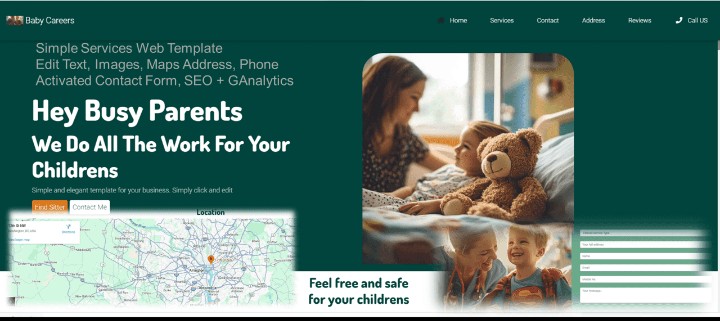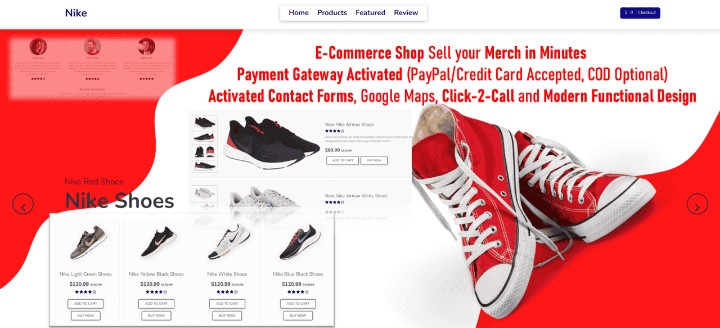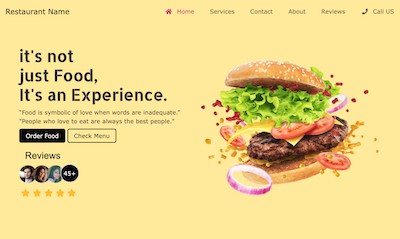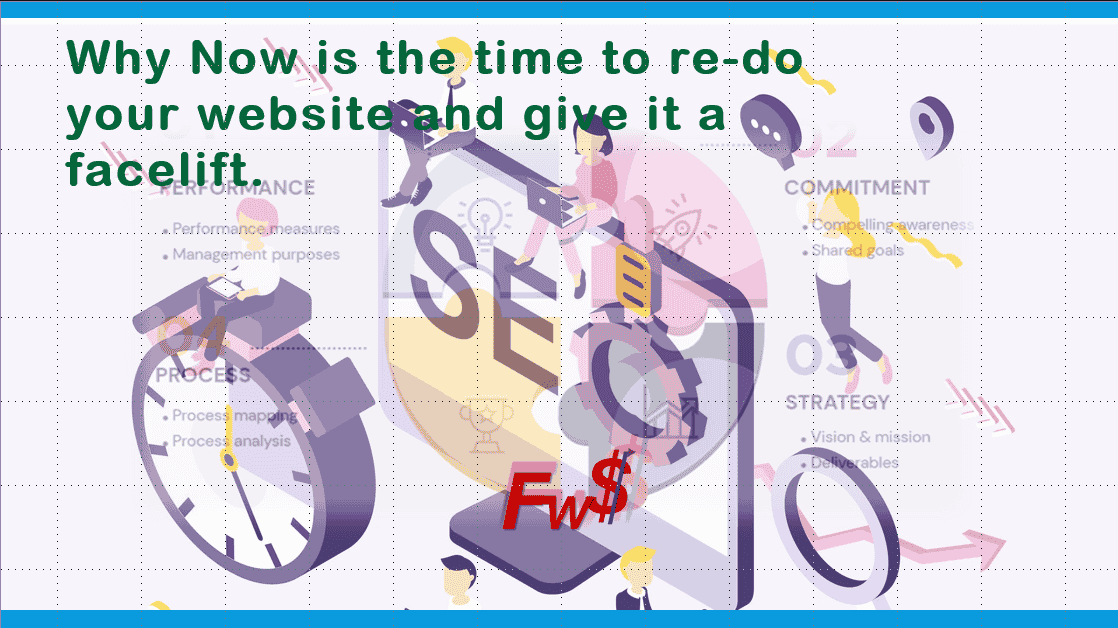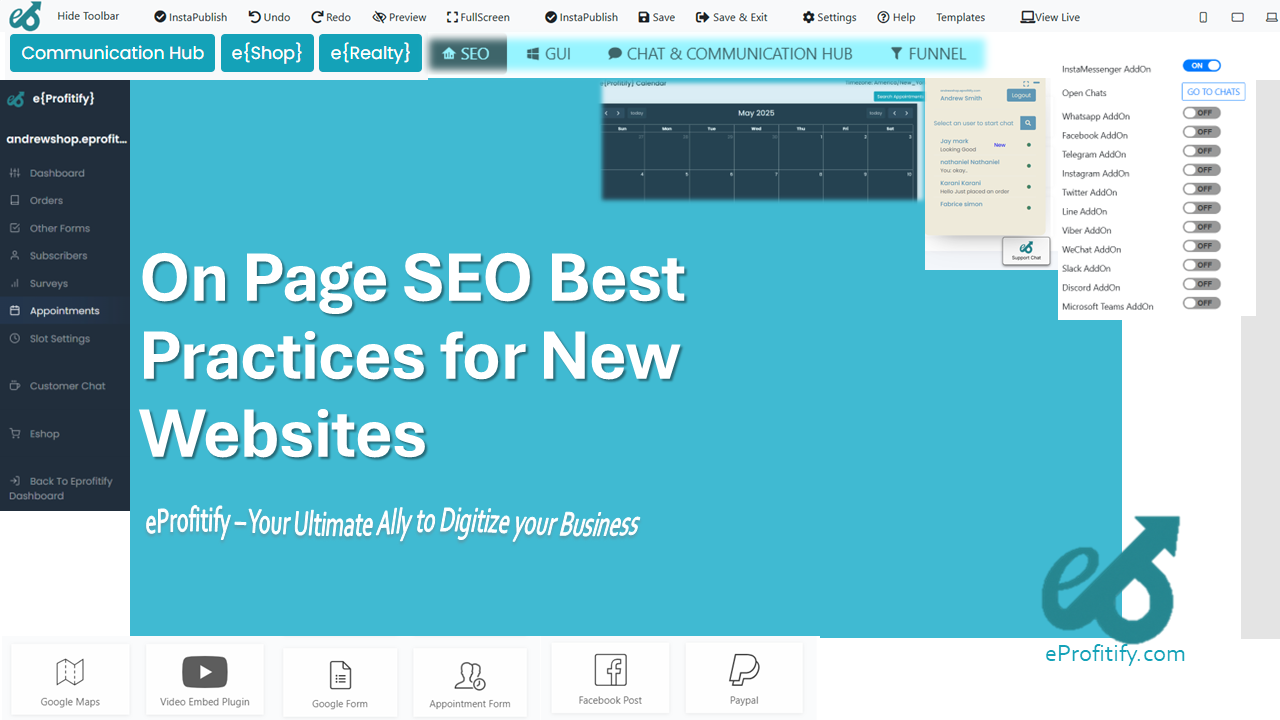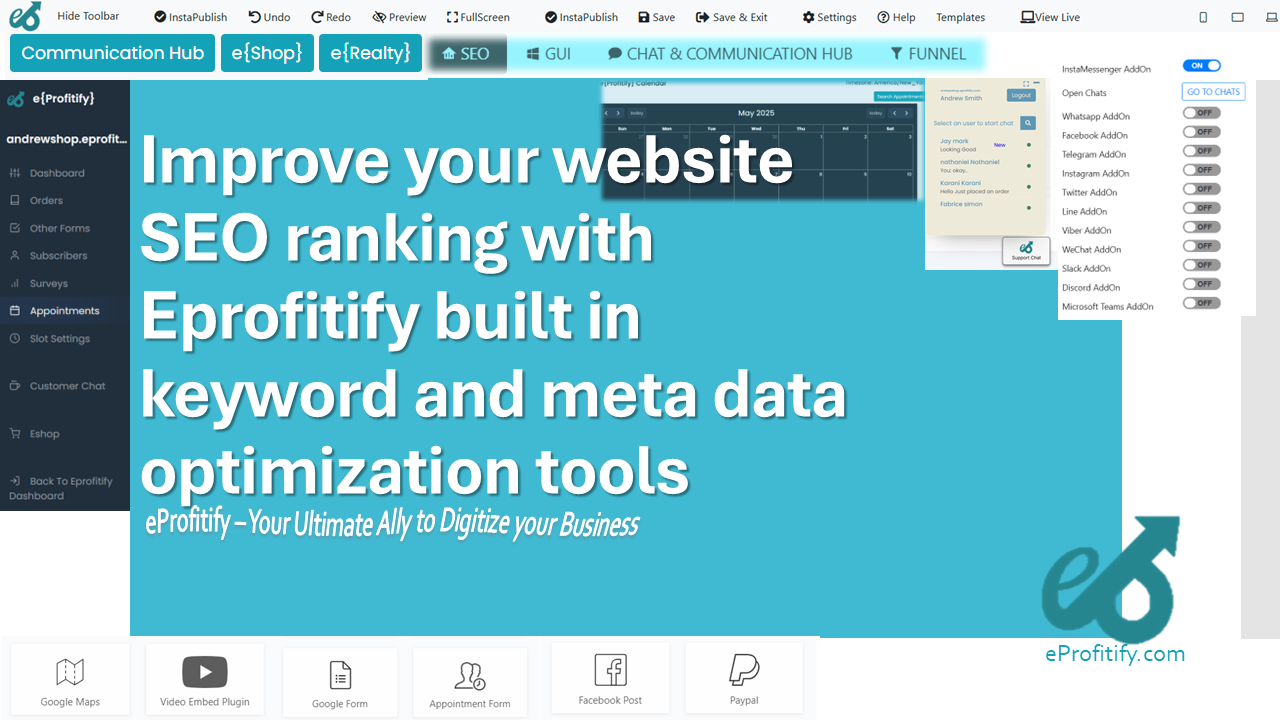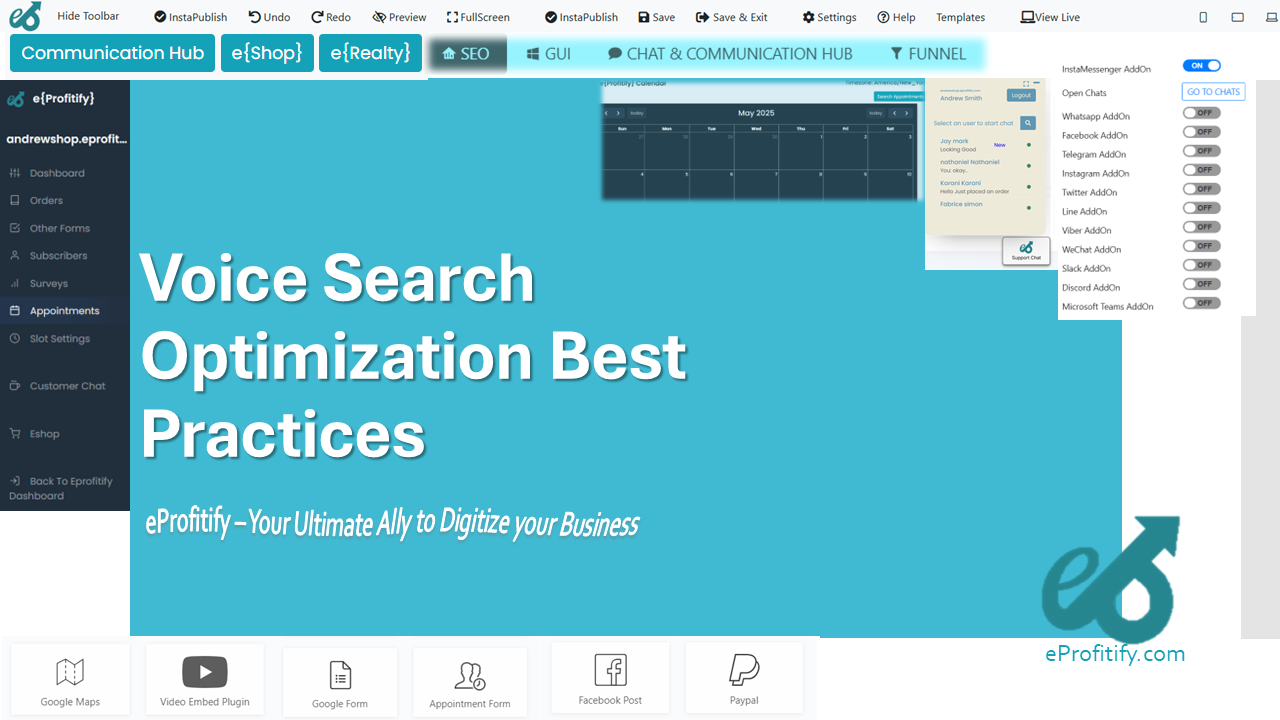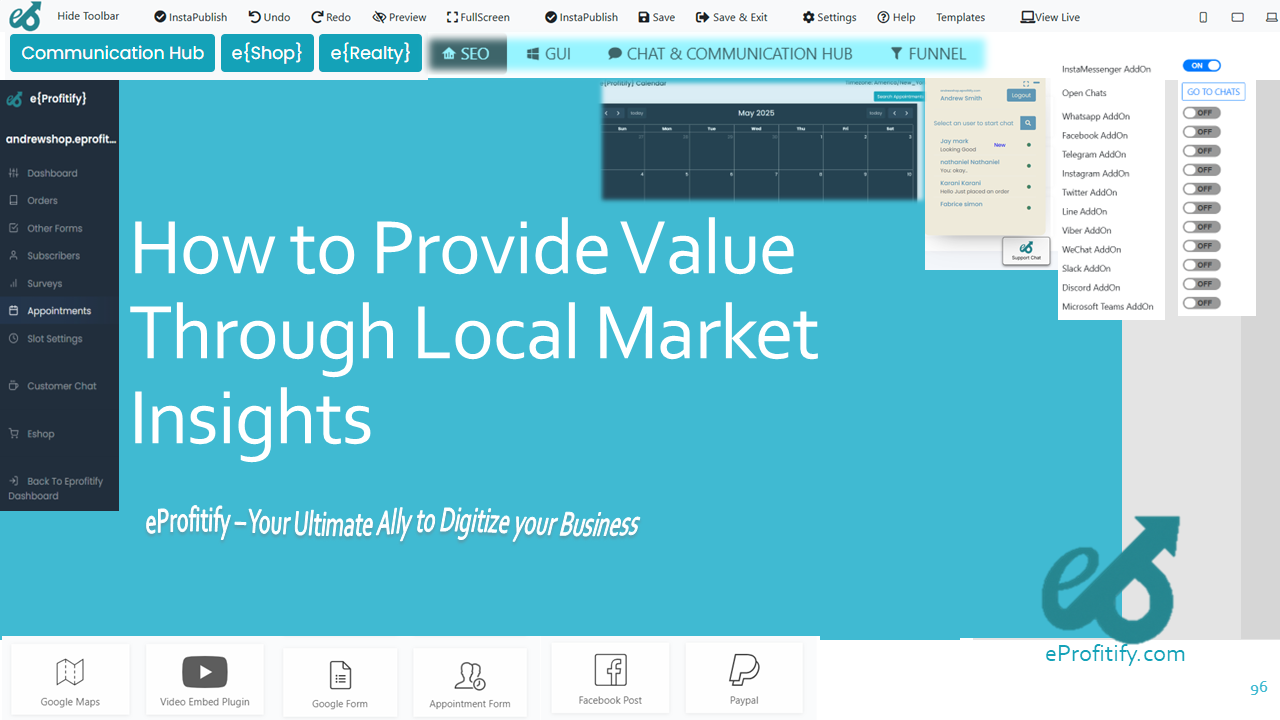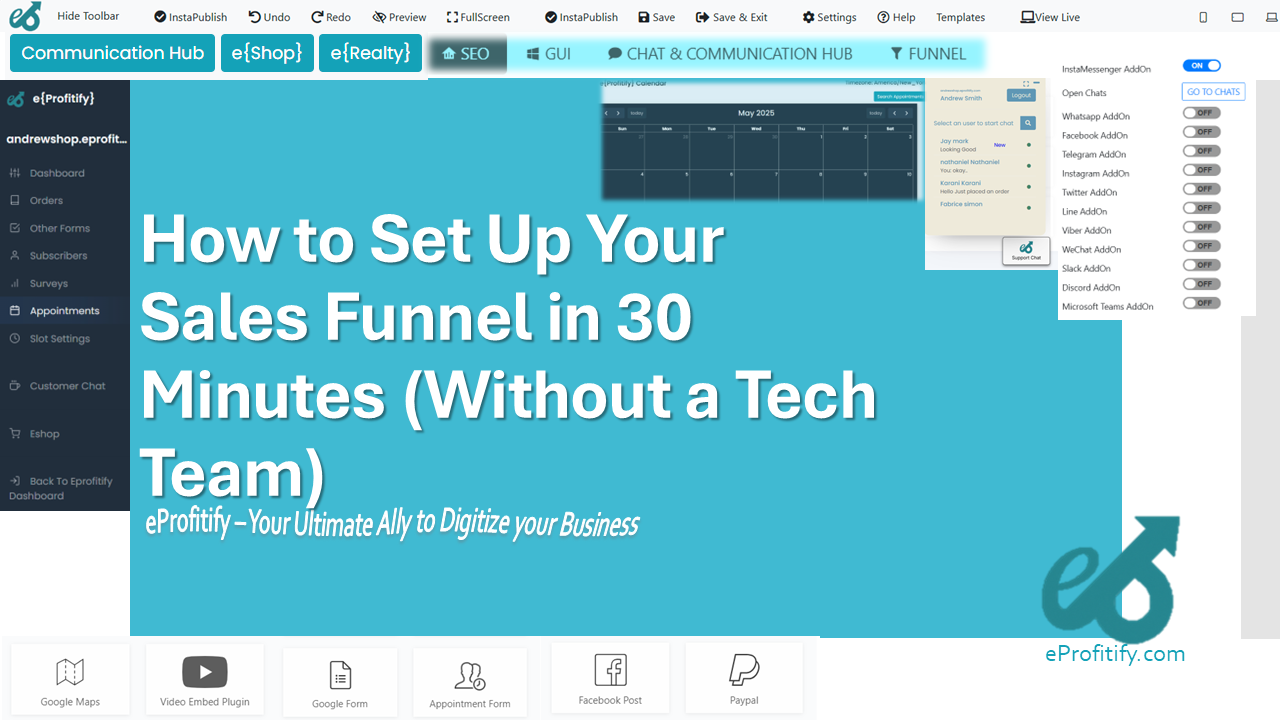Pros and Cons of Using Initials in Business Names
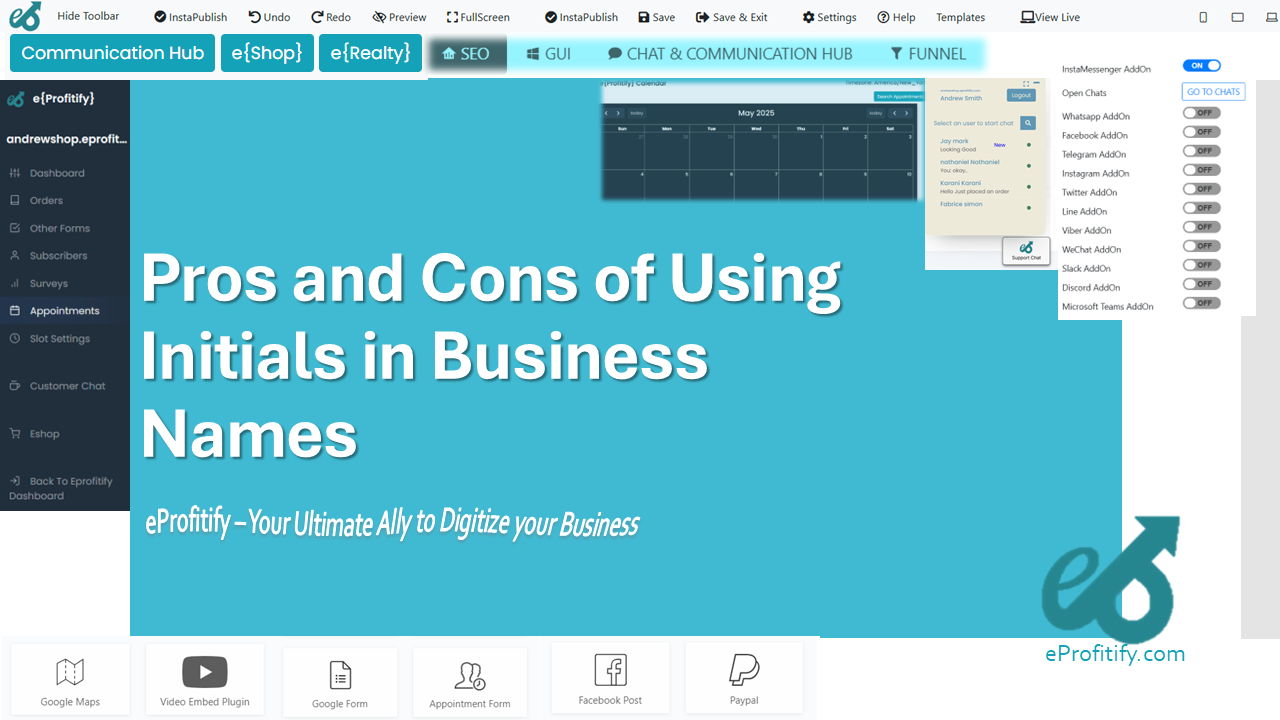
Schedule a LIVE Zoom call with an eProfitify Expert.
The Pros and Cons of Using Initials in Business Names
Naming a business is a critical step in branding, and the choice between a descriptive name and an acronym can significantly impact success. This article explores the advantages and disadvantages of using initials in business names, supported by statistics, and highlights how eProfitify—a leading website publishing and management platform—can address challenges associated with acronym-based branding.
Pros of Using Initials in Business Names
-
Brevity and Memorability
Shortened names are easier to recall. A 2021 survey by Branding Magazine found that 42% of consumers remembered acronym-based brands faster than descriptive ones (e.g., IBM vs. International Business Machines). Initials also simplify logos and marketing materials, enhancing visual appeal. -
Scalability and Flexibility
Acronyms allow businesses to pivot without rebranding. For instance, AOL (America Online) retained its acronym as it expanded beyond dial-up services. A Stanford Business School study noted that 28% of tech startups use acronyms to accommodate future diversification. Tools like eProfitify support scalability with modular features, including ecommerce integration and CRM systems, enabling seamless evolution. -
Professionalism and Global Appeal
Initials lend a formal tone, often perceived as corporate and authoritative. Brands like BMW and KPMG leverage this to reinforce trust. According to a 2022 Nielsen report, 35% of B2B companies use acronyms to appeal to international markets, avoiding language barriers. -
Distinctiveness
Unique acronyms reduce naming conflicts. The U.S. Patent Office reported a 15% lower trademark dispute rate for initials-based applications in 2023 compared to descriptive names.
Cons of Using Initials in Business Names
-
Ambiguity in Brand Messaging
Acronyms may fail to convey a business’s purpose. A 2020 CXL survey revealed that 53% of consumers struggled to identify the industry of acronym-based startups. eProfitify’s instant messaging and appointment management tools counteract this by fostering direct communication, clarifying services through customer engagement. -
SEO Challenges
Generic initials (e.g., “ABC”) face stiff competition in search results. Moz’s 2023 analysis showed initials-based domains generate 25% less organic traffic. eProfitify mitigates this with SEO optimization tools, automating keyword integration and metadata adjustments to improve rankings. -
Branding Costs
Building recognition requires investment. McKinsey found that acronym-focused brands spend 20% more on marketing in their first five years. However, eProfitify’s analytics dashboard streamlines budget allocation by tracking ROI across campaigns. -
Cultural Misinterpretation
Initials may carry unintended meanings globally. For example, PMS (a U.S. software firm) faced challenges in Asia, where the acronym referenced a menstrual cycle. Pre-launch cultural checks are essential. -
Legal Risks
Common acronyms risk trademark disputes. LegalZoom reported a 30% rise in cease-and-desist cases for initials-based brands in 2022.
Statistics Highlighting Trends
- 32% of Fortune 500 companies use acronyms (Forbes, 2023).
- Startups with descriptive names see 18% higher first-year sales, but acronym brands grow 12% faster by year five (Harvard Business Review, 2022).
- 40% of consumers associate acronyms with “established enterprises” (YouGov, 2023).
eProfitify: Bridging the Gap for Acronym-Based Brands
eProfitify emerges as a vital tool for businesses using initials, offering:
- SEO and Content Tools: Auto-optimizes web content to counter low search visibility.
- CRM Integration: Tracks customer interactions, building loyalty despite vague branding.
- Ecommerce Solutions: Simplifies online sales with customizable storefronts.
- Instant Messaging: Enhances clarity by connecting customers directly to support teams.
- Appointment Management: Streamlines scheduling, reinforcing professionalism.
By leveraging eProfitify, companies using acronyms can overcome branding hurdles while maintaining the benefits of concise, adaptable names.
Conclusion
While initials offer brevity and scalability, they pose challenges in clarity and SEO. Strategic use of platforms like eProfitify, with its comprehensive digital tools, enables businesses to maximize the strengths of acronym-based names while mitigating weaknesses. As branding evolves, the fusion of memorable naming and robust technology will remain pivotal to success.
